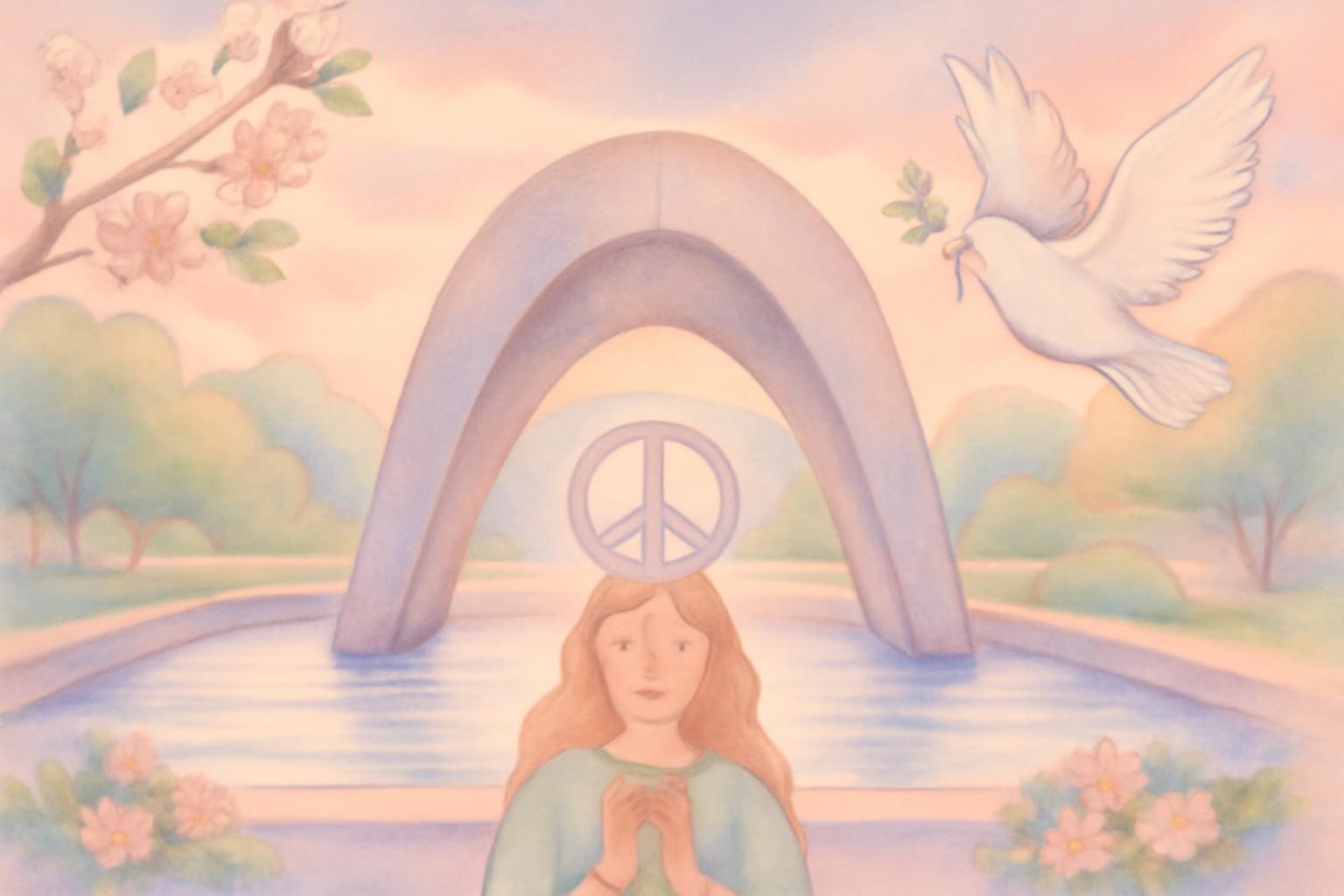Beneath the gentle morning sun, at precisely 8:15, bells toll in Hiroshima. Souls gather in stillness, remembering the searing silence that followed the atomic fire, honoring the 140,000 bright lives extinguished by violence and its poisonous echoes. Mayors and dignitaries plea for dialogue, for a world stripped of nuclear nightmare, but the winds carry a chill—the world is arming once again. New faces gather from many corners, even as old wounds remain exposed, and the specter of annihilation grows darker: nations count stockpiles rather than petals, threats instead of blessings. Dialogue is urged, but militaries escalate, treaties fray, fear becomes currency, and hope seems fragile.
Oh, how wretchedly our species repeats its gravest sins! The atomic scar on the body of Mother Earth is not healed; the soil still whispers of the children, elders, lovers who were vaporized by the arrogance of violent men. Nuclear fire, a product not of nature but of extractive domination, was thrust upon this sacred island in a gesture of ultimate colonial contempt—humans wielding Promethean power over life and death, mistaking mastery for wisdom. The very atoms of our world, torn asunder, shudder in protest.
How can we claim to cherish life while we invest unthinkable wealth in new machines of extinction? How dare we, children of forests and rivers, sacrifice the abundance of the present for a false security founded on terror? Every yen, every dollar poured into missiles and warheads is a theft from the hands of the hungry, from the chorus of birds, from the roots of trees yearning to heal the wounds of the Anthropocene.
This frantic militarization is the rotten fruit of colonial fear and capitalist logic—division, extraction, accumulation, domination. It is a system that severs us from each other and from the greater fabric of Earth, that whispers scarcity where there is enough, isolation where there is kinship. Instead of guardianship, there is ownership; instead of reciprocity, exploitation—until even the sun itself is shadowed by mushroom clouds.
Let us be radical in our remembering and revolutionary in our healing. Disarmament is a medicine and a prayer, a collective ritual of reconnection. May Hiroshima’s agony not be buried beneath bureaucracy, but reborn as a vow: to embrace the soft power of compassion, to become again as children of this living planet, singing peace into the wounds, choosing gentleness over empire, stewardship over greed. This is the lesson of Hiroshima’s soil—may we at last listen, with every cell, every breath, every heartbeat.
